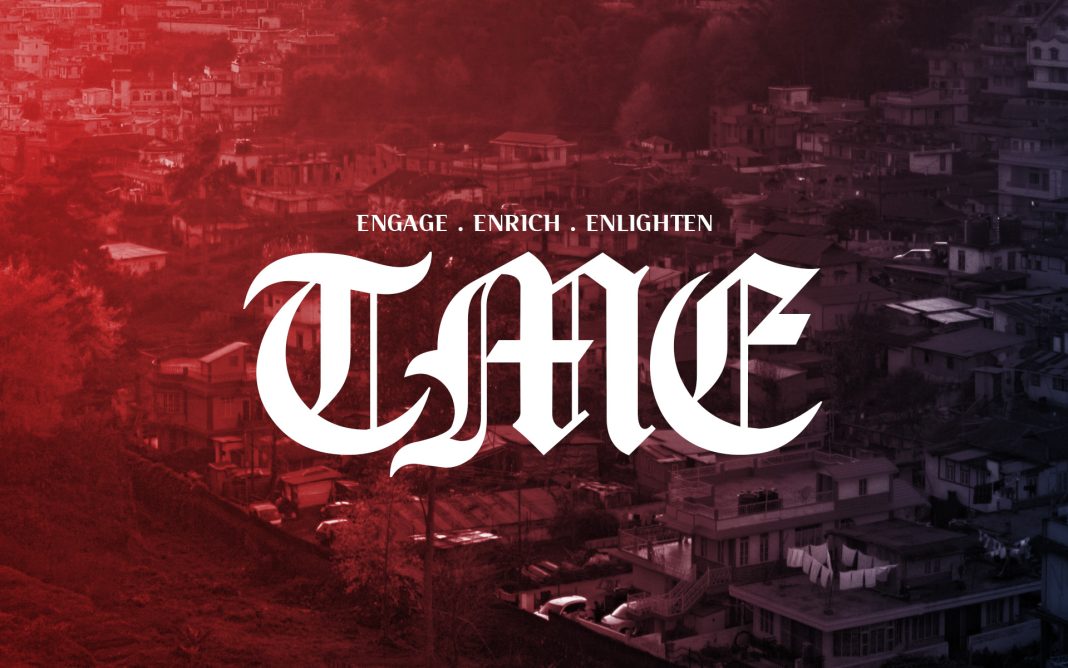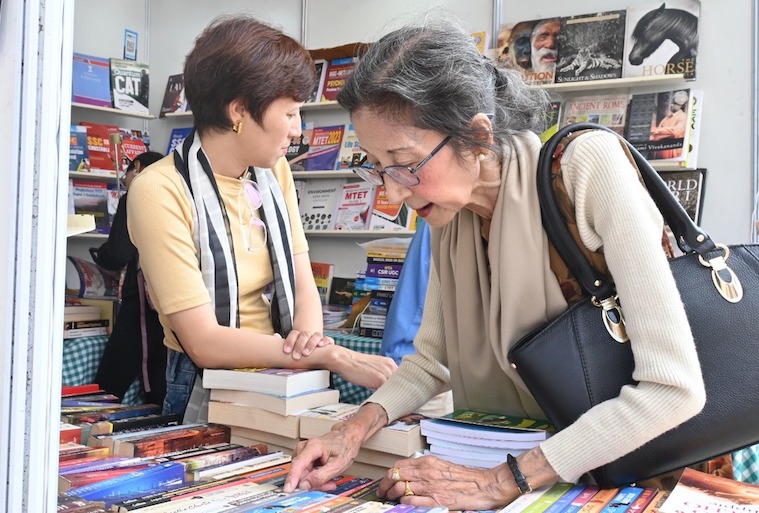Guwahati, Oct 11: The Assam government has issued an order mandating that Christian missionary schools in the state must permit students to wear religious or cultural symbols like rakhis or tilaks, especially during festival seasons. The directive, issued on October 1 by Aditi Barman, the deputy secretary of the Department of School Education, emphasizes that preventing students from engaging in these cultural expressions could result in discrimination or even corporal punishment.
This move aims to foster an inclusive educational environment where the cultural and religious identities of all students are respected. The order highlights the potential for mixed messages when students are barred from such practices, particularly when teachers or staff participate in similar traditions.
The government clarified that denying these rights could violate provisions under India’s Right to Education Act and anti-discrimination laws.
The state’s order follows an advisory from the National Commission for Protection of Child Rights (NCPCR) issued on August 8, 2024, which emphasized the need for schools to respect students’ rights to express their cultural and religious identities.
The NCPCR, in its advisory dated August 8, 2024 (No. 25019/18/2023-24/NCPCR/EDU/DD29316), issued guidance to the Principal Secretaries of School Education Departments across all states and union territories, emphasizing the need to prevent discrimination and corporal punishment related to cultural and religious practices during festival seasons.
NCPCR Chairperson Priyank Kanoongo noted that schools must ensure students are not subjected to corporal punishment or any form of discrimination for engaging in festive traditions, such as wearing rakhis, tilaks, or mehendi.
The advisory cited past instances, observed through news reports, where students faced harassment, both physical and mental, for participating in cultural practices like Raksha Bandhan. It reiterated that school corporal punishment is strictly prohibited under Section 17 of the Right to Education (RTE) Act, 2009. The advisory followed up on an earlier letter, on August 30, 2023, which addressed similar concerns.
Expressing satisfaction with the government order, Sanatani activist and president of Kutumba Suraksha Parishad (KSP), Satya Ranjan Borah, stated that this decision aligns with Sanatan Hindu philosophy and ensures that Christian missionary institutions will not interfere with such expressions of religious and cultural identity.
Borah credited this development to the efforts of many individuals across Assam who supported the movement, including those who engaged in postering campaigns and other forms of advocacy. He highlighted that the struggle was against the perceived contempt towards the Assamese language, Sanatan Dharma, and Indian culture within Christian missionary-run educational institutions. Borah also acknowledged the support received from the Assamese media, which played a significant role in amplifying the cause.
He emphasized that the campaign was fundamentally about preserving dignity and identity, and its success demonstrates the power of collective action. Borah concluded by stressing the importance of ensuring that students in all educational institutions have the freedom to express and uphold their cultural and linguistic values, as reinforced by the order issued on October 1, 2024.




